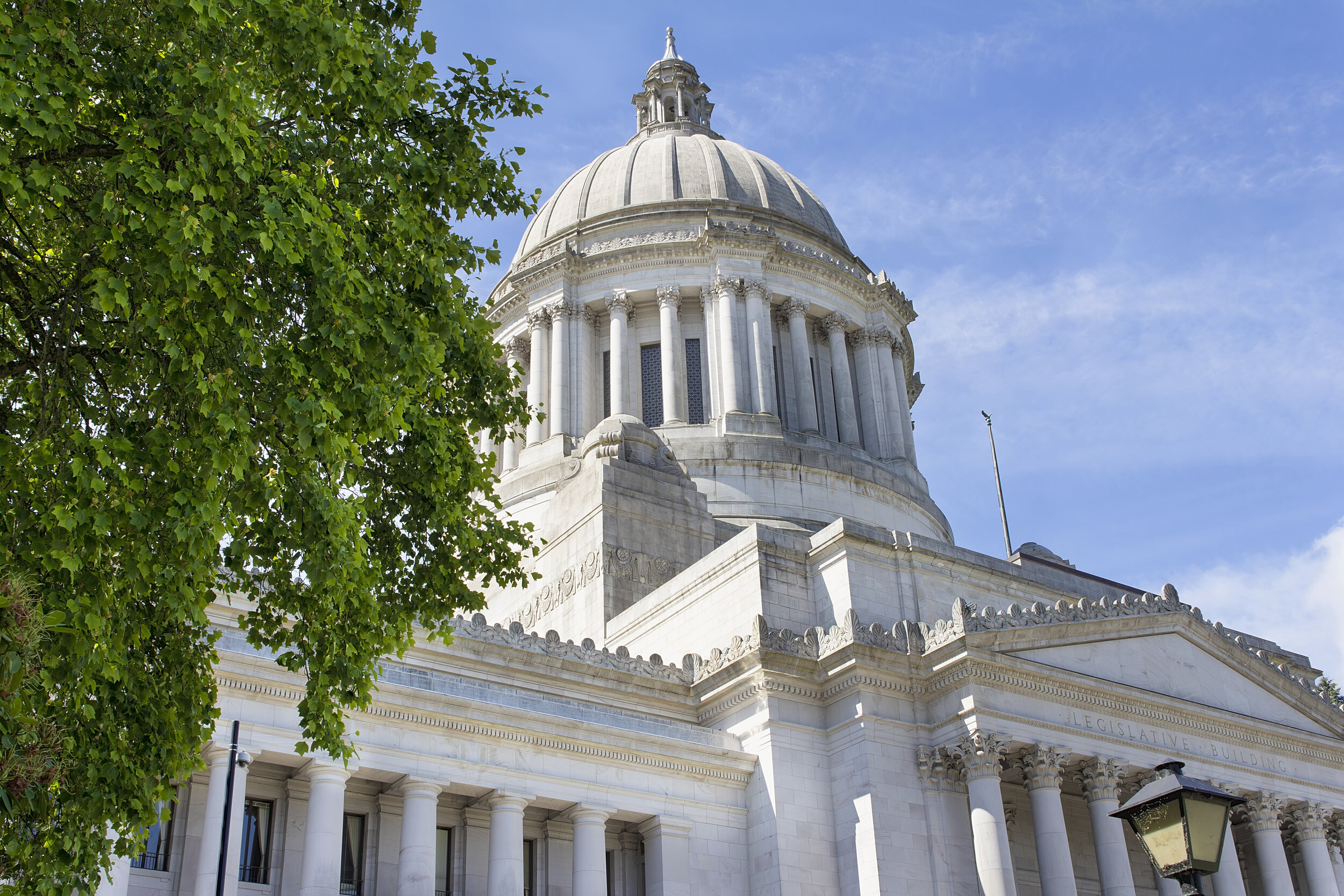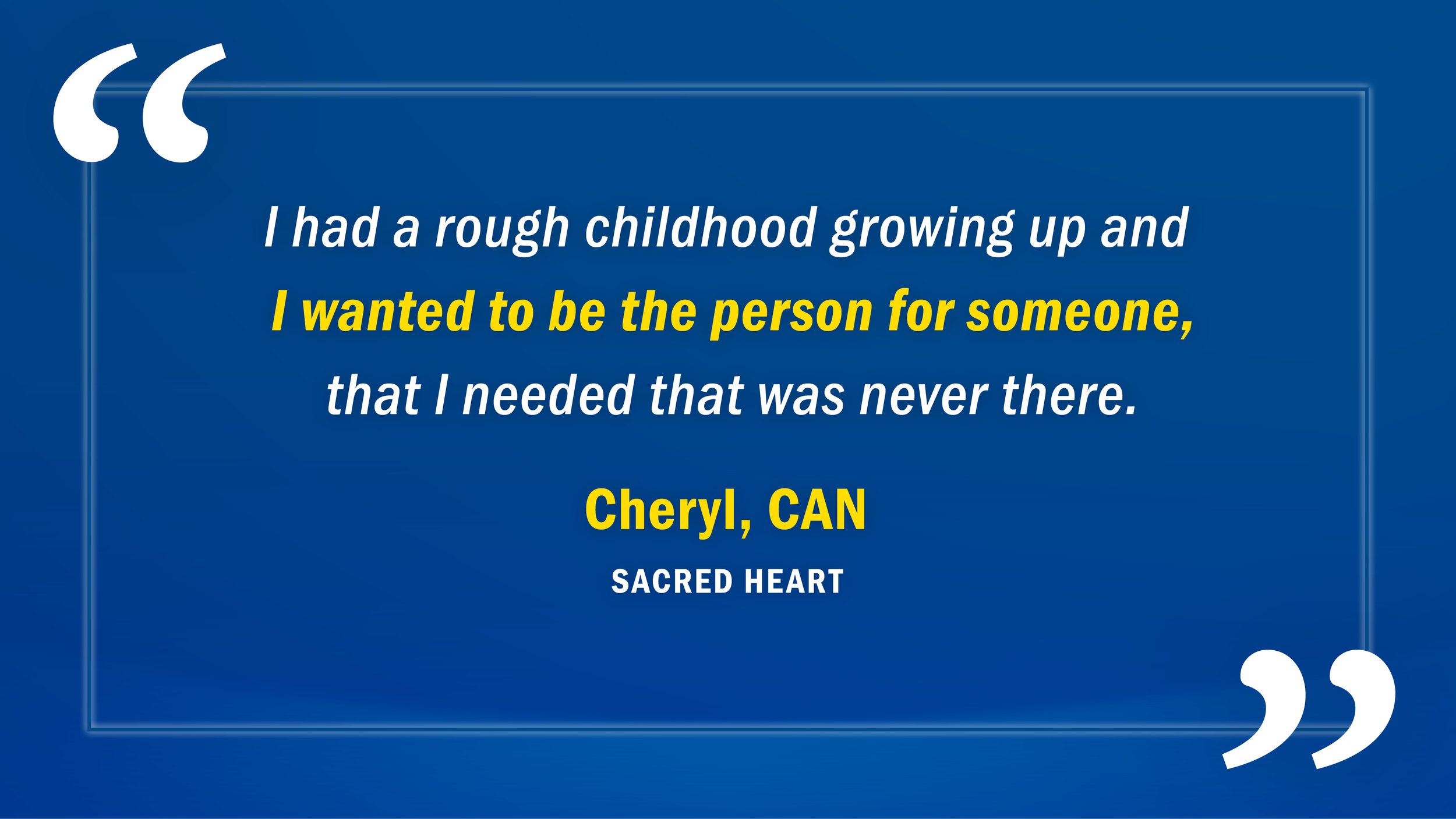Our Legislative Agenda - 2022
About our legislative work
When We Fight We Win
UFCW 21 member leaders in 2019 at the Capitol in Olympia who organized, lobbied their legislators and fought to win our ten year battle to pass Uninterrupted Meal and Rest Breaks for front line healthcare workers.
The 2022 Legislative Session convenes on January 10 in Olympia and our lawmakers will once again face important decisions that affect our workplaces and our communities. In order to make progress on our priority issues this year, our elected officials need to hear from us, hear our stories, and hear why these issues matter to us.
This year legislative session will be completely virtual. It is important that our lawmakers are taking the necessary precautions to avoid the further spread of COVID-19, but a virtual session will provide its challenges. One thing is clear—we cannot allow the voice of essential workers to be lost in a remote session.
Workers across Washington are standing up for safer working conditions in the face of a pandemic, fixing Washington’s broken tax structure, ending systemic racism, addressing the climate crisis, and fighting to make our state a state that is affordable for everyone. Just like how we fight in our contract bargains, and vote at the ballot box, we must work to make progress on these pressing issues during the 2022 legislative session:
Protect Health Care Workers and Improve Patient Safety
Prior to the COVID-19 pandemic health care workers being asked to do too much with not enough staff had led to historic numbers of health care professionals leaving the bedside. After nearly two years of unsafe and exhausting working conditions the health care worker shortage is straining the viability of our health care system. Our largest hospitals regularly need to divert patients due to staffing shortages, our rural hospitals have had to close entire departments because of staffing, and our health care workers are forced to choose who gets the lifesaving care they desperately need and who doesn’t. The Legislature must prioritize patient and worker safety and act on the following issues:
Pass safe staffing standards that protect any one health care worker from dangerously high patient loads and create adequate enforcement to ensure hospitals follow safe staffing standards;
Closing loopholes to existing overtime and meal and rest break laws to ensure our health care workers are getting their legally required break time and end the abuse of mandatory overtime;
And investment in workforce development to increase the number of health care workers entering the field, an important part of addressing the hospital staffing shortage but only alongside safe staffing standards that also protect them from the massive burnout and unmanageable conditions our health care workers are currently facing.
Workplace Safety
Our members are on the frontlines of the pandemic working hard to keep everyone safe but who's keeping them safe? We represent many workers, from grocery store workers, health care workers, processing workers, cannabis workers, cleaning workers (EVS, laundries, and janitors) and so many more who are dedicated to their work. But many are forced into unsafe situations, from being forced to work without proper training, to an unsafe workload, to the physical burnout from often physically demanding jobs. These workers need the Legislature to protect them, just like they have been on the frontlines working to protect us.
Repetitive Motion Injuries: Ever heard of ergonomics? It’s a fancy word that means the study of how people and things interact most efficiently and safely in their working environment. For our members, though, the definition matters little without an investment in ergonomic rulemaking by Labor and Industries that could mean a reduction in the unfortunately all too common repetitive motion injuries. Across all of our sectors repetitive motion injuries happen regularly. By giving L&I the authority to study and then issue rule around ergonomics we can lessen the number of on-the-job injuries happening to workers in our state.
Janitorial Work: In the cleaning industry employers are disregarding the short- and long-term health, and dignity of our members. In an environment rife with racism, xenophobia, and misogyny, employers obfuscate accountability through ownership changes, sub-contracting, low wages, untenable workloads, hazardous chemicals, and ergonomic shortcuts. We need a more visible and accountable industry on the system-level, and more definition and accountability on the individual worksite level. As a result this will create a safer and healthier cleaning industry. To meet these needs cleaning workers are calling for humane workloads, successor liability, and responsible contracting.
Investing in Workforce Development
Expanding opportunity, capacity, and access to apprenticeship programs will boost Washington’s economic recovery and make Washington a better place to live for everyone. The Legislature should act to invest in current apprenticeship programs as well as adjust to the changing demand in our economy and identify new industries for apprenticeship. Through the COVID-19 pandemic we have seen which jobs are essential to the ability of our communities to survive, and we should invest in these jobs and these workers as such. Workforce development for health care workers is particularly urgent; this pandemic has exacerbated the existing health care worker shortage and pushed our health care system to a breaking point. Creating programs that will grow our health care workforce will make Washington safer for our workers and safer for our patients. For new apprentices to be successful the Legislature should emphasize wrap-around support for the specific needs of enrolled apprentices. These services could include assistance for childcare, transportation costs, and early intervention programs.
Cannabis Equity
When I-502 passed in 2012, Washington rushed to build a Cannabis industry system that was not sustainable or more importantly equitable. Many are concerned that through legalization we have created a system where predominantly White folks are profiting from ownership while excluding the BIPOC community who were disproportionately impacted by the racist War on Drugs. It is well past time for our legalized market to ensure prosperity for those most directly harmed by cannabis prohibition in the past.
While we work to fix our legal industry going forward, we cannot forget about undoing the harms of the past.





























